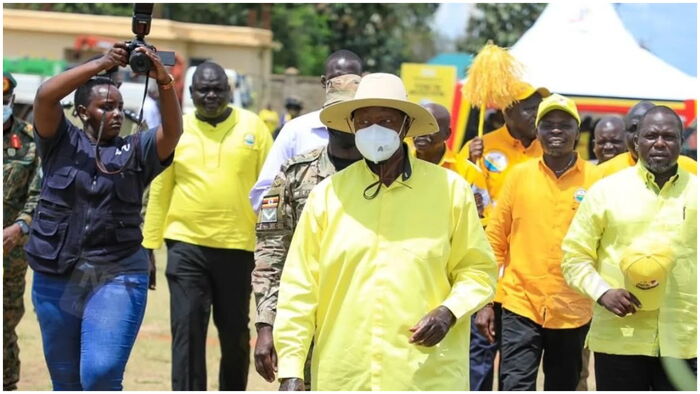Amnesty International has called on the World Bank to use its financial influence to encourage Uganda to repeal its controversial Anti-Homosexuality Act. The appeal follows reports that the World Bank has resumed lending to the East African nation, months after suspending new loans over the country’s enactment of one of the world’s most severe anti-gay laws.
Uganda’s Anti-Homosexuality Act, signed by President Yoweri Museveni in May 2023, imposes harsh penalties for same-sex relations, including life imprisonment and even the death penalty in certain cases. The law drew widespread international condemnation for violating fundamental human rights and promoting discrimination against the LGBTQI community.
After the law’s enactment, the World Bank halted all new financing to Uganda, emphasizing that its projects must comply with non-discrimination policies. However, on Monday, a Ugandan finance ministry official announced that the country would now receive $2 billion from the World Bank, disbursed over three fiscal years. The Bank has not yet commented publicly on the decision.
Roland Ebole, Amnesty International’s researcher for Uganda and Tanzania, said the renewed funding provides a vital opportunity for the World Bank to advocate for equality. “Now that they are reinstating the funding, can they also push that discriminatory practices should basically be stopped,” he told AFP. Ebole emphasized that the World Bank, as a powerful financial institution, has the capacity to ensure government programs do not exclude or discriminate against any community.
Meanwhile, the British charity Open for Business expressed disappointment, stating the decision undermines civil society’s call to hold Uganda accountable. The organization previously estimated that Uganda loses between $586 million and $2.4 billion annually due to the economic fallout from its anti-LGBTQ law.
Human rights advocates now hope the World Bank will leverage its renewed partnership with Uganda to promote inclusion and equality, ensuring that no one is left behind in development efforts.

